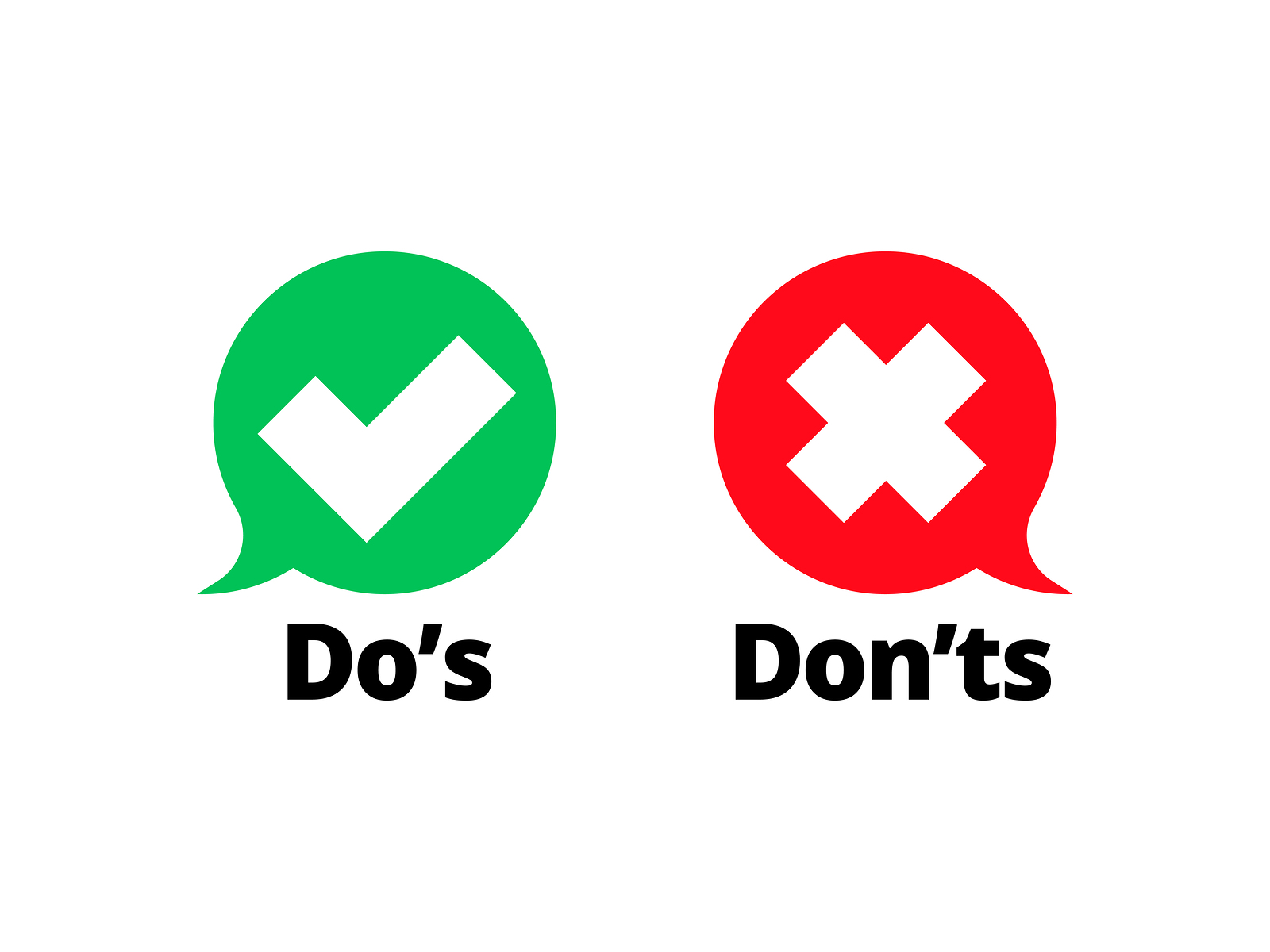 News
News
What is the Stock market and will day-trading make you rich?- Beginner series
“Sensex jumps over 500 points, Nifty ends above 10,000, DJIA undergoes steep correction and NASDAQ had a good week”. How often have you encountered these news flashes on the television? More often than not. Did you ever bother to spare a moment of thought thinking about what these numbers could actually be and whom do they affect? What gives them so much significance to appear on our television screens daily and what if you are someone getting affected by these numbers, unknowingly?
To be unequivocally precise, these names which you come across daily or more often than not are ‘Stock Market indices’ which represent investor sentiments and are believed to be a measure of the direction of the financial market. In simple words, whether the market will go up or go down. So next time when you spot Sensex or Nasdaq on your screens, remember that it is an Indice, a Stock Indice. Sensex represents an average of 30 Stocks whereas Nasdaq an average of 500 stocks. But you might still be wondering, So what? What use an Indice to me when I don’t even know what the Stock Market does or how it operates? Hold your nerves as we delve into it in what follows from now on.
What is the Stock Market?
The Stock Market has existed since ages. A stock market is a place where you can buy and sell shares of a publicly listed company. Buying a share represents ‘Ownership’ in that company. Suppose you have bought 1% of the total shares of McDonald’s, it symbolizes you own 1% of McDonald’s. You are entitled to vote in the shareholder’s summit, you are capable of influencing the decisions and you are an owner-member of the organisation up and until 1%. Others having a higher percentage of ownership can overlap your decisions by exercising their right to vote similarly as in a democracy with the only . A public limited company, put more simply, a company listed on the stock exchange has democratic management. The only different aspect is ‘One Man One Vote’ isn’t the key. The number of shares you own defines your power of voting.
Why do the companies sell their shares?
Going public is an easy way to ‘Raise’ long term funds but it comes with a cost. A public company is more prone to legal compliance costs, is responsible for and it must publish it’s annual financial statements (Income statement, Balance sheet and Cash flow statement) for the shareholders and is also audited by external auditors.
The entire idea of listing companies on an exchange goes back to the 17th century when the first ever company by the name of ‘Dutch East India Co.’ went public in a process which is now called an ‘Initial Public Offering’ (IPO). It offered shares (ownership) of the company to the general public promising it’s worth to sky-rocket in the coming years. The companies ‘SELL’ their shares to the public. The initial price of a share is decided by the management. But, if the companies are willing to make you an ‘owner’ in their business, how do you go about being one? How do you buy the shares?
I want to buy a share, how can I?
To buy the shares of a company,
1.) you need to have an account with a Stock Broker (have a look below for some of the well-known brokers in the industry, recommendations not promotions). There are online stock brokers available these days, each varying in their commissions, costs and initial deposit amounts. Be alert while choosing a broker because you might end up in a mess if you neglect this step. Once you’re registered with an online broker,

2.) make sure you also have a Demat Account created. A Demat account stands for ‘De-materialisation’ account which holds your shares in a virtual form. Earlier, there were tangible share certificates issued by the companies but now it’s all Online! The same way you’re reading this online. Once these requirements are met,
3.) You can proceed with buying and selling the securities (shares) of whichever company you like. There are different types of ‘Buy and Sell orders’ which we will not be covering in this article.
When can I buy and sell the shares?
Open Market Hours! You can buy and sell your shares when the market is Open, pretty obvious right? The regular trading hours for the U.S. stock market, including the New York Stock Exchange (NYSE) and the Nasdaq Stock Market (Nasdaq), are 9:30 a.m. to 4 p.m. Eastern time on weekdays (except stock market holidays). It varies in different countries only slightly. Make sure you are aware of the market hours, especially if you want to be a day trader haha! It is not possible to buy or sell shares during post-market hours as well but we will be talking about it in the next article.
Will trading in the stock market make you rich?

Buying when the price is low and selling when the price goes up is of fundamental importance. But how exactly do we know when the price is going to hike and when then market is going to be in doldrums is the question a trader should always be eager to ask. If all of your trades are profitable ones, you’re doing something wrong! Yes, you read it right.
If ‘money’ is the only skill you have in the stock market; you will soon go broke. And money can never be the only skill of a Day trader. Day trading is a complex and hectic profession and hobby of some. Being right on every trade is not just humanly possible and the human mind has a tough time admitting this reality. If you have discipline, the right trading strategy, the right mindset and appropriate knowledge, no one can stop your quest to become rich and eventually financially independent but if you lack the aforementioned traits, you need to reconsider your decision of heading into this brutal game! It can create riches easily but it can create ruins even more effortlessly.
Do’s and Dont’s for beginners.
The idea of trading or investing in the stock market can be an electrifying one. So much as to putting a question mark on the rationale of an individual. This is why i have prepared a short list of do’s and dont’s from personal experience which can add value to your trading/investing journey.

DO’S:
1.) Save Money before you even ‘think’ about entering the market.
2.) Find a ‘Mentor’ or and ‘Experienced’ person to guide you through.
DONT’S:
1.) Do not try to predict the market, no one can, said by Warren Buffet. You can learn trading strategies instead (not to be detailed in this article)
2.) Spend sufficient time on finding a broker. Make sure you understand all the T&C and clarify all your queries by mailing them or calling their customer line. Happy trading.
Also Read : News Highlights From July 2020
Recent Posts
- Pakistan Opens Doors to Boost Tourism and Business with Free Visas for 126 Countries
- Disney’s “Inside Out 2” Becomes the Highest-Grossing Animated Film Ever
- South Korea Cracks Down on Crypto Exchange Fees
- Ava Kris Tyson Departs MrBeast Following Grooming Allegations
- Apple’s iPhone SE 4: What do we know so far?
- ‘Inside Out 2’ Crushes Box Office and Enters the Billion-Dollar Club
- Telegram Founder Backs Viral Crypto Game Hamster Kombat, Calls it a New Era for Blockchain
- End of the Road for Self-Lacing Nikes: App Shutdown Leaves Adapt BB Owners with Limited Functionality
- Chaotic Encounter During European Tour Leaves IShowSpeed Injured and Frightened
- Quirky RPG ‘Thirsty Suitors’ Coming Soon to Mobile on Netflix Games


